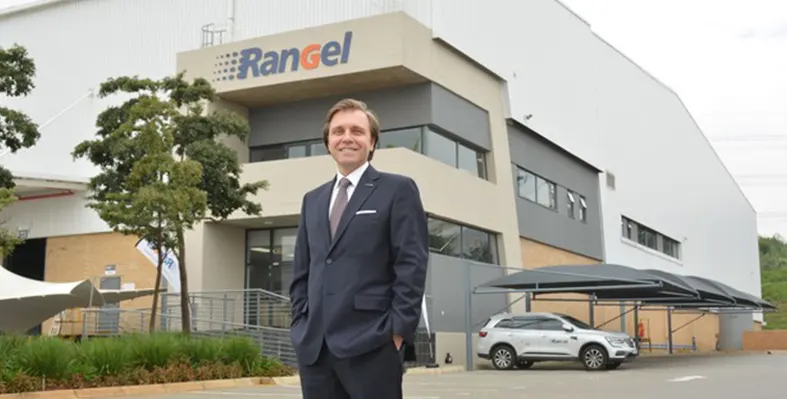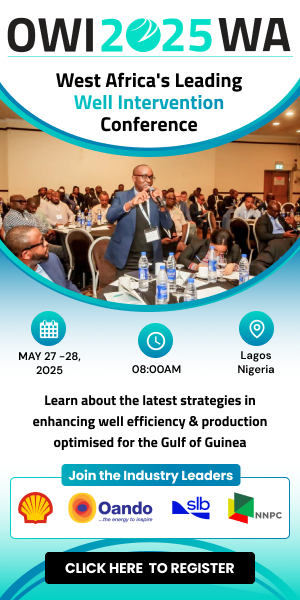
Zambia, with global partners, accelerates off-grid solar projects to provide reliable, clean electricity for rural communities. (Image source: Adobe Stock)
Zambia has made significant strides in improving electricity access, with the percentage of the population connected rising from 30% in 2017 to nearly 50% today
However, half of the population still lacks access, and innovative energy solutions will be needed to bridge this gap. While hydropower currently accounts for 80% of Zambia’s electricity generation, recent droughts have highlighted the vulnerabilities of relying on this single source.
To address this, the Zambian government, in partnership with the World Bank, the Common Market for Eastern and Southern Africa (COMESA), the Africa Minigrid Development Association (AMDA), and other collaborators, is intensifying its efforts to expand off-grid solar energy across the nation.
"Our target is to have at least 200 solar mini-grids operational by 2030, ensuring that every rural district in Zambia has access to clean, affordable, and reliable electricity,” said Makozo Chikote, Zambia's minister of energy.
Solar home systems, which consist of rooftop panels offering power for lighting, phone charging, and essential appliances, alongside mini-grids providing electricity to entire villages, hold great potential to serve the 8.5 million Zambians still without electricity. These systems are the most cost-effective and practical solution for connecting remote communities, but developers are facing financial and technical challenges.
To address these issues, the World Bank’s Energy Sector Management Assistance Program (ESMAP), COMESA, and AMDA are hosting a conference from April 1st to 3rd in Lusaka. The event brings together mini-grid developers, financiers, government officials, and development partners to review progress in mini-grid technology and discuss the barriers hindering their rapid deployment.
“Energy access changes people’s lives. It improves health and quality of life and helps create jobs and livelihoods that lift people out of poverty. The World Bank Group is partnering with the African Development Bank and other partners on Mission 300, an ambitious initiative to connect 300 million people to electricity in Sub-Saharan Africa by 2030 and accelerate development and poverty reduction. In Zambia, Mission 300 includes supporting an acceleration of the deployment of distributed renewable energy,” remarked Achim Fock, World Bank Country Manager for Zambia.
Zambia’s relatively low population density of 24 inhabitants per square kilometer makes extending the national electricity grid costly and challenging. To address these challenges, the World Bank supports Zambia’s electricity access initiatives, such as the Electricity Services Access Project (ESAP) and the Zambia-Tanzania Interconnector Project (ZTIP), both of which aim to expand affordable, sustainable energy access.




















